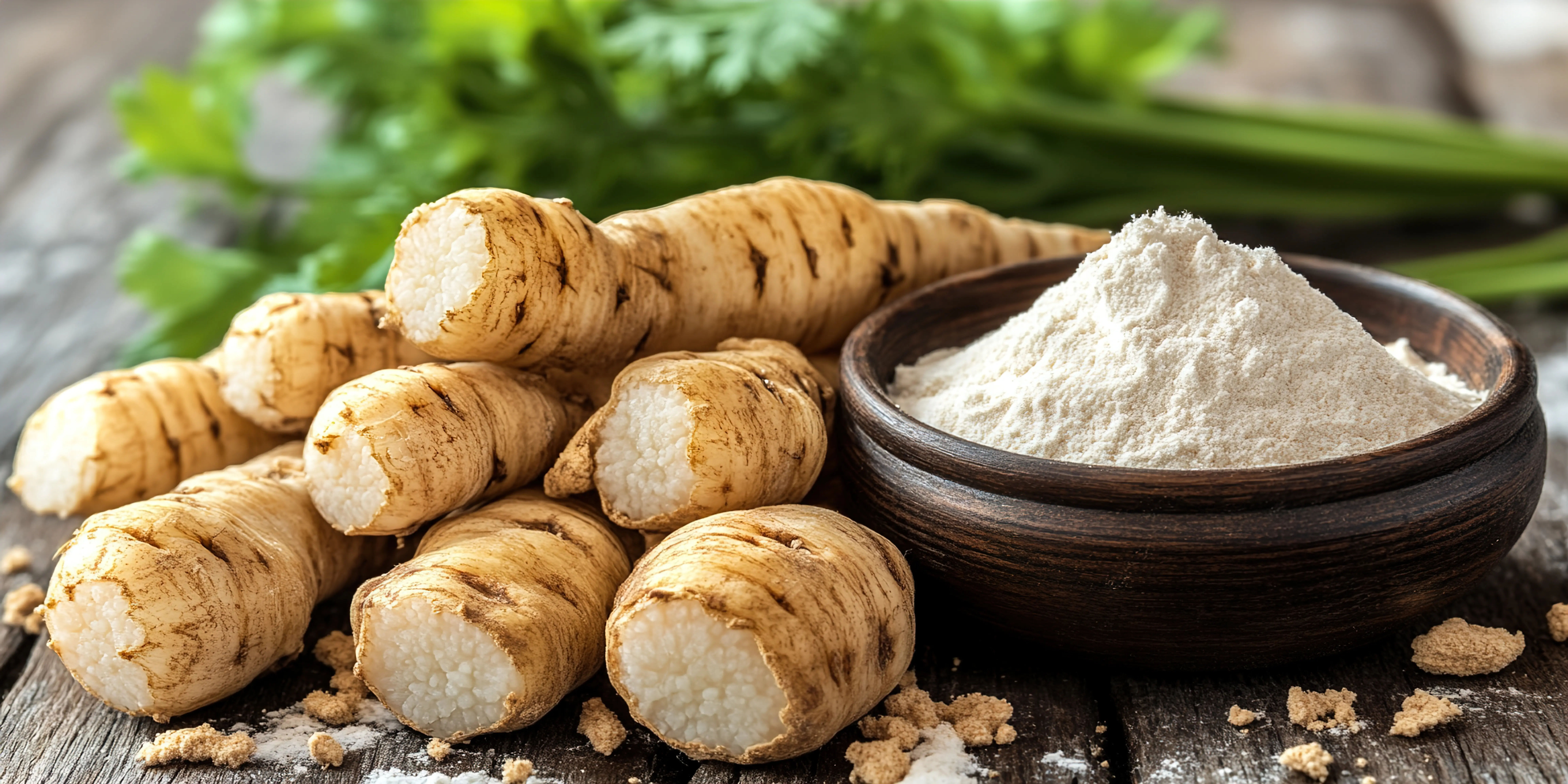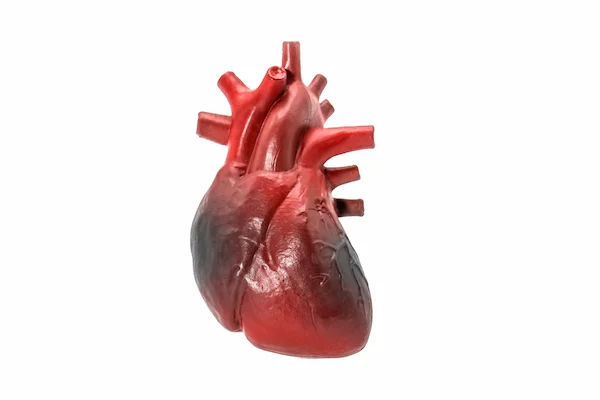Effective Tips for Cholesterol Control
know about the cholesterol, types, symptoms and causes of abnormal cholesterol. Learn how to use effective tips for healthy cholesterol levels.
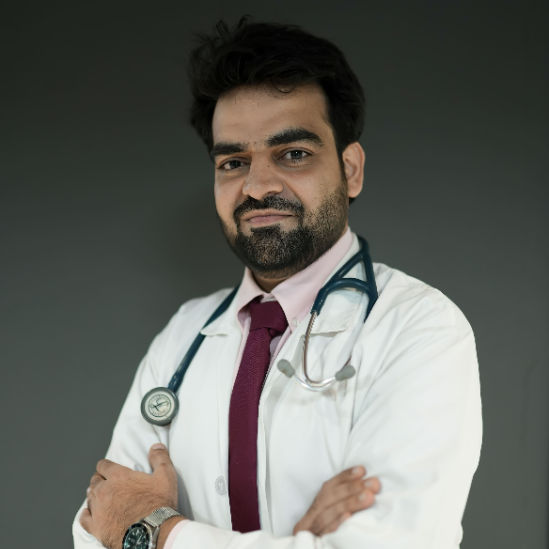
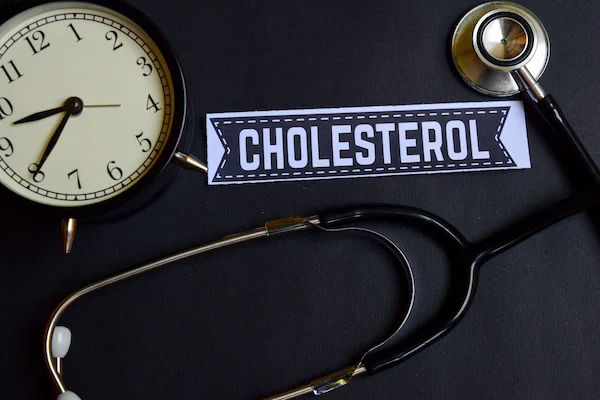
Introduction
Maintaining healthy cholesterol levels is essential for a strong heart and overall well-being. High cholesterol can silently increase the risk of heart disease, stroke, and other health complications. The good news is that with simple lifestyle changes, you can effectively manage your cholesterol levels. In this article, we’ll explore practical tips to keep your cholesterol in check while improving your overall health.
Understanding Cholesterol
Cholesterol is a waxy, fat-like substance found in your blood. While your body needs some cholesterol to build healthy cells, too much of it—especially the "bad" kind—can lead to plaque buildup in your arteries, increasing the risk of heart disease.
There are two main types of cholesterol:
- LDL (Low-Density Lipoprotein): Often called "bad" cholesterol, it contributes to artery blockage.
- HDL (High-Density Lipoprotein): Known as "good" cholesterol, it helps remove LDL from the bloodstream.
Keeping LDL low and HDL high is key to maintaining heart health.
Symptoms of High Cholesterol
High cholesterol usually doesn’t show obvious symptoms, which is why it’s often called a "silent" condition. Many people only discover they have high cholesterol after a blood test or when they experience complications like:
- Chest pain
- Heart attack
- Stroke
Regular check-ups are crucial for early detection and prevention.
Causes of High Cholesterol
Several factors contribute to high cholesterol, including:
- Unhealthy Diet: Eating too much saturated fat (found in red meat, full-fat dairy) and trans fats (found in fried and processed foods).
- Lack of Exercise: A sedentary lifestyle lowers HDL (good cholesterol) and raises LDL.
- Obesity: Excess weight increases LDL levels.
- Smoking: Damages blood vessels and lowers HDL.
- Genetics: Some people inherit a tendency for high cholesterol.
Consult a Top general practitioner for the best advice
Effective Tips to Control Cholesterol
1. Eat Heart-Healthy Foods
Your diet plays a huge role in cholesterol management. Try these dietary changes:
- Choose Healthy Fats: Replace saturated fats with unsaturated fats like olive oil, avocados, nuts, and fatty fish (salmon, mackerel).
- Increase Fibre Intake: Soluble fibre (found in oats, beans, lentils, fruits, and vegetables) helps reduce LDL.
- Add Omega-3s: Found in flaxseeds, walnuts, and fish, omega-3 fatty acids boost heart health.
- Limit Processed Foods: Avoid trans fats, sugary snacks, and fried foods.
2. Exercise Regularly
Physical activity helps raise HDL (good cholesterol) and lowers LDL. Aim for:
- 30 minutes of moderate exercise (brisk walking, cycling, swimming) at least 5 days a week.
- Strength training twice a week to improve metabolism.
3. Maintain a Healthy Weight
- Losing even a small amount of excess weight can improve cholesterol levels.
- Focus on gradual, sustainable weight loss through a balanced diet and exercise.
4. Quit Smoking
- Smoking lowers HDL and damages blood vessels.
- Quitting improves HDL levels within weeks and reduces heart disease risk.
5. Limit Alcohol
- Excessive alcohol can raise cholesterol and blood pressure.
- If you drink, do so in moderation (1 drink per day for women, 2 for men).
6. Manage Stress
Chronic stress may contribute to high cholesterol. Try relaxation techniques like:
- Yoga
- Meditation
- Deep breathing exercises
7. Get Regular Check-ups
- Since high cholesterol has no symptoms, regular blood tests are essential.
- Adults should get their cholesterol checked every 4-6 years (more often if at risk).
When to See a Doctor
If lifestyle changes aren’t enough, your doctor may prescribe cholesterol-lowering medications like statins. Consult a healthcare provider if:
- Your cholesterol levels remain high despite diet and exercise.
- You have a family history of heart disease.
- You experience chest pain or other heart-related symptoms.
Final Thoughts
Controlling cholesterol doesn’t have to be complicated. Small, consistent changes in diet, exercise, and lifestyle can make a big difference. By taking proactive steps today, you can protect your heart and enjoy a healthier future.
Consult a Top general practitioner for the best advice
Consult a Top general practitioner for the best advice

Dr. M L Ezhilarasan
General Practitioner
6 Years • MBBS
Visakhapatnam
Apollo 24|7 Clinic - Andhra Pradesh, Visakhapatnam

Dr D M Karthik
General Practitioner
4 Years • MBBS, Fellowship in Diabetes Mellitus, Advance certificate in Diabetes Mellitus, Derma Nutrition Certification
Visakhapatnam
Apollo 24|7 Clinic - Andhra Pradesh, Visakhapatnam

Dr. D Bhanu Prakash
General Practitioner
10 Years • MBBS, AFIH, Advanced certificate in critical care medicine, Fellowship in critical care medicine
Hyderabad
Apollo 24|7 Clinic, Hyderabad
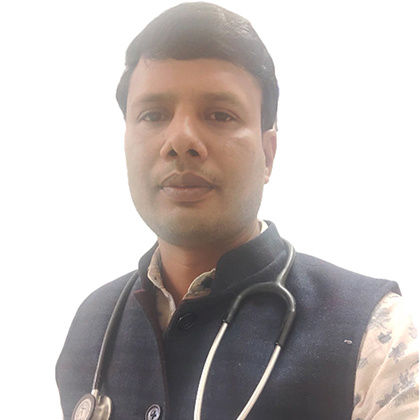
Dr. Manoj Jain
General Practitioner
15 Years • MBBS
Durgapura
Aarav Diabetes and Multispeciality Center, Durgapura

Dr. Riti Srivastava
General Practitioner
12 Years • MD (Physician)
Gautam Buddha Nagar
Shri Krishna Clinic, Gautam Buddha Nagar
Consult a Top general practitioner for the best advice

Dr. M L Ezhilarasan
General Practitioner
6 Years • MBBS
Visakhapatnam
Apollo 24|7 Clinic - Andhra Pradesh, Visakhapatnam

Dr D M Karthik
General Practitioner
4 Years • MBBS, Fellowship in Diabetes Mellitus, Advance certificate in Diabetes Mellitus, Derma Nutrition Certification
Visakhapatnam
Apollo 24|7 Clinic - Andhra Pradesh, Visakhapatnam

Dr. D Bhanu Prakash
General Practitioner
10 Years • MBBS, AFIH, Advanced certificate in critical care medicine, Fellowship in critical care medicine
Hyderabad
Apollo 24|7 Clinic, Hyderabad

Dr. Manoj Jain
General Practitioner
15 Years • MBBS
Durgapura
Aarav Diabetes and Multispeciality Center, Durgapura

Dr. Riti Srivastava
General Practitioner
12 Years • MD (Physician)
Gautam Buddha Nagar
Shri Krishna Clinic, Gautam Buddha Nagar
